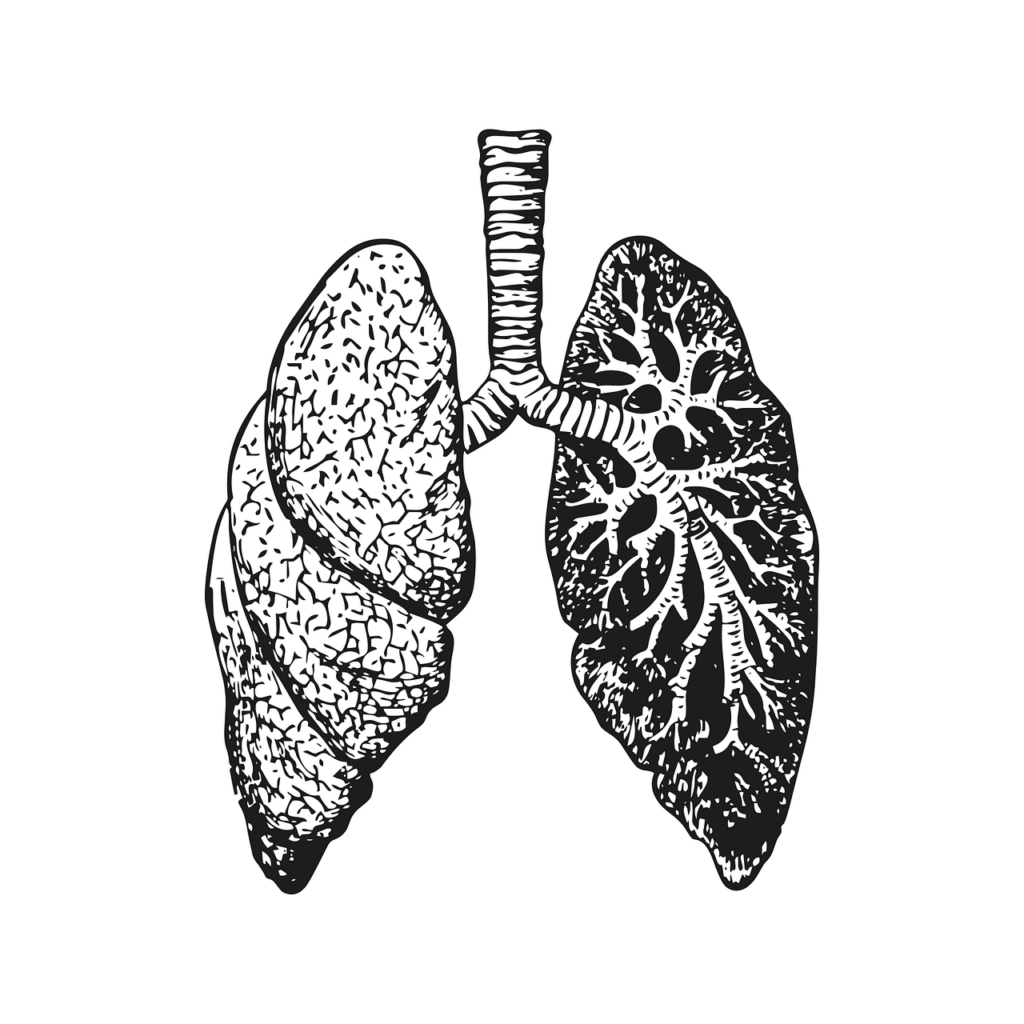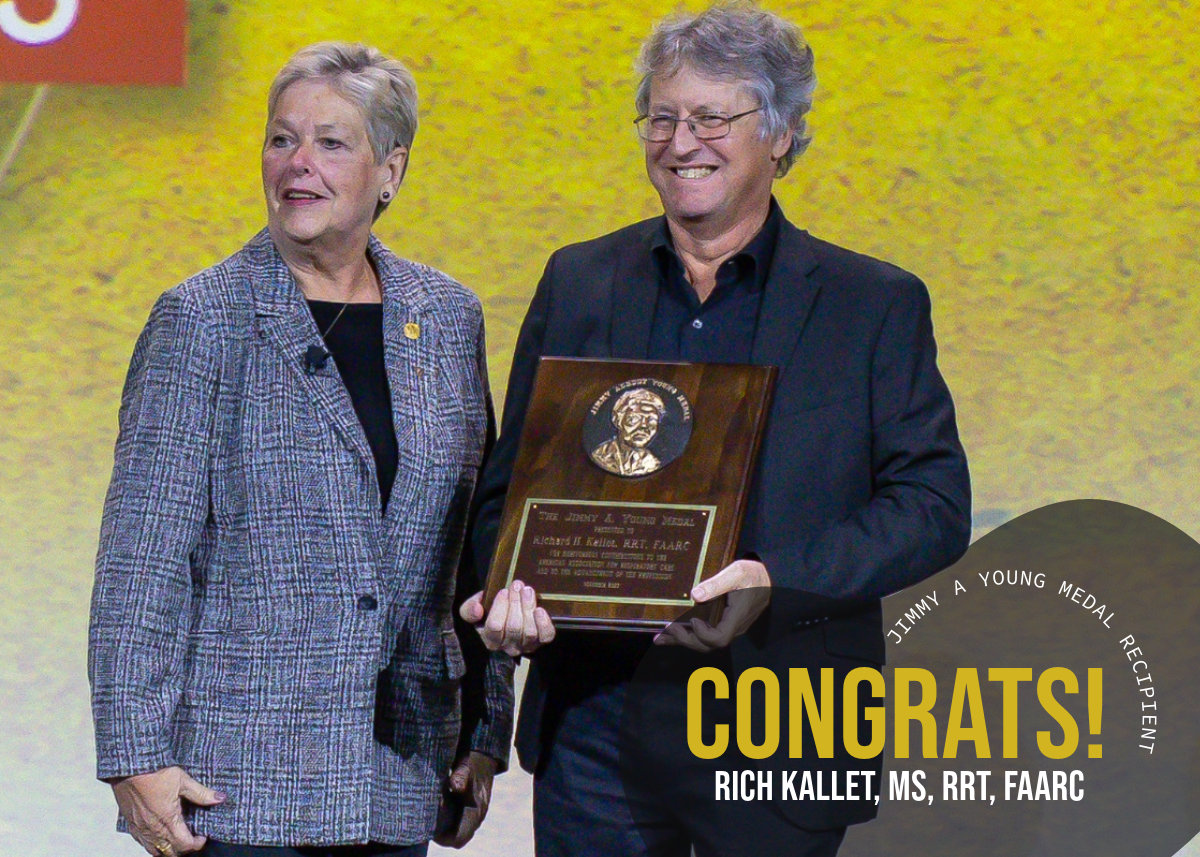Rehabilitation Ups Ventilator Weaning Success Following a Spinal Cord Injury
Researchers from the University of Utah have found that spinal cord injury patients who are on mechanical ventilation and have failed previous weaning attempts can be successfully weaned from mechanical ventilation if they undergo a rehabilitation program.
The study was based on records from the university’s rehabilitation department and involved 42 patients with a mean age of 44 years. Among the group, 79% were men, and all were being mechanically ventilated via tracheostomy.
The patients entered rehabilitation at a mean of 16 days following their injury and the median length of stay was 64 days. Overall, 48% were decannulated.
Weaning was more likely to be successful in patients with low cervical spinal cord injuries. Age, motor completeness, and rehab injury reclassification (which occurred in 15 patients) were not associated with weaning success.
Forty-five percent of the patients were discharged to a skilled nursing facility, 19% went home with home health care, 19% were discharged to a long-term acute care facility, and 17% were able to go home without home care.
The study was presented at the recent CHEST meeting. Read More
Lung Cancer Screening Saves Lives
According to investigators from the Icahn School of Medicine at Mount Sinai, screening people considered at high risk for lung cancer with low-dose computed tomography (CT) dramatically improves the cure rate for lung cancer over the long term.
The researchers arrived at that conclusion after looking survival rates among people diagnosed with lung cancer via screening over a 20 year period. Among the 1,257 patients in the study, 81% had stage 1 disease and the overall survival rate was 87%. Among those with stage 1 disease, the survival rate was 95%.
“What we present here is the 20-year follow-up on participants in our screening program who were diagnosed with lung cancer under annual screening and subsequently treated,” said study author Claudia Henschke, MD, PhD. “The key finding is that even after this long a time interval they are not dying of their lung cancer. And even if new lung cancers were found over time, as long as they continued with annual screening, they could be cured.”
The U.S. Preventive Services Task Force recommends screening for adults between the ages of 50 and 80 who have a 20 pack-year smoking history and currently smoke or have quit within the past 15 years. Unfortunately, fewer than 6% of people eligible for the screening take advantage of it.
The study was published by Radiology. Read More

Putting Some Numbers to Long-COVID
Long-COVID has gotten a lot of attention in medical circles, but it’s hard to tell how many people have been affected by the condition.
Now researchers from University College London and Dartmouth University are shedding some light on the true numbers. In a study that looked at data on 461,550 people who responded to a Household Pulse Survey conducted by the U.S. Census Bureau in June to December of 2022, 47% of the people in the survey reported a case of COVID-19.
Fourteen percent of those respondents reported long-COVID symptoms and 7% still had long-COVID at the time of the survey.
Long-COVID was more common in people with severe COVID-19, women, white people, middle-aged people, and people with lower incomes or educational levels. The highest prevalence of long-COVID was seen in West Virginia, where it affected 18% of the population. Long-COVID was least common in Hawaii, at 11%.
Overall, the researchers say one in seven people in their study had experienced long-COVID by the end of 2022, and they believe one in three people with COVID-19 are at risk of developing the condition.
The study was published by PLOS ONE. Read More
Email newsroom@aarc.org with questions or comments, we’d love to hear from you.

















